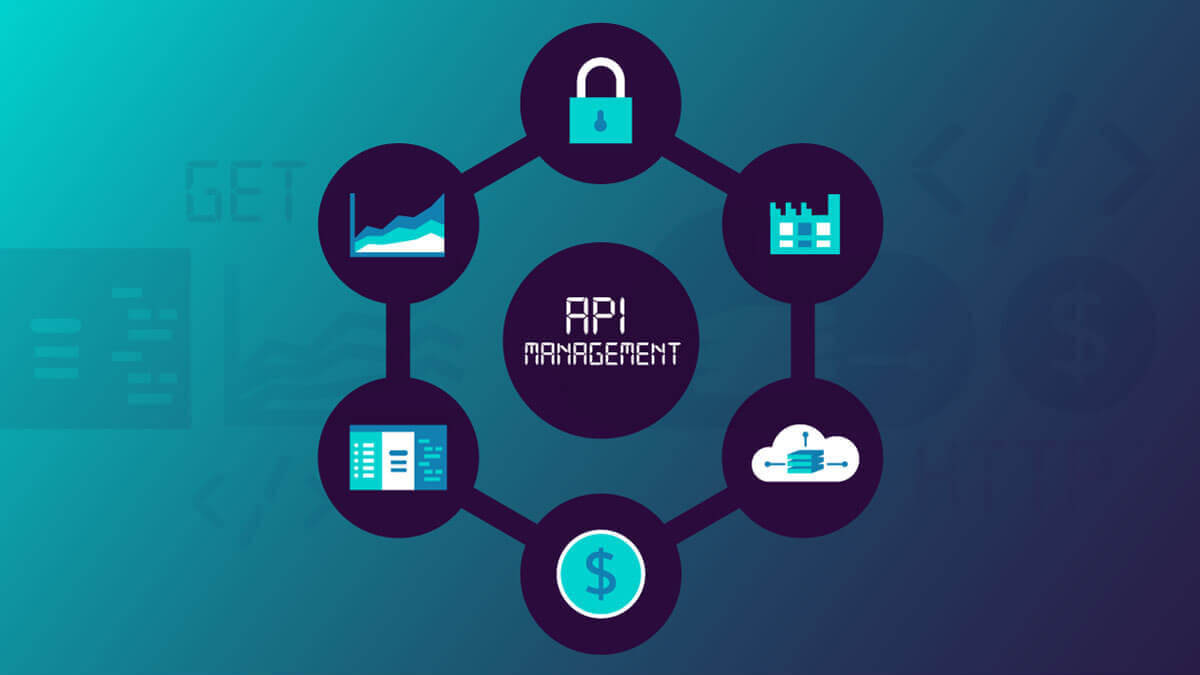
APIs are the backbone of modern technology and business infrastructure, enabling communication between applications. They connect apps to apps, apps to servers, and ultimately, apps and servers to end users. With the proliferation of apps, software, and cloud services, the number of APIs has surged dramatically.
API management is the process that encompasses the design, development, testing, deployment, governance, security, monitoring, and monetization of APIs and the associated components. It is integral to the Software Development Lifecycle (SDLC), ensuring that APIs are developed, deployed, and maintained in a secure and scalable environment.
Key Components of API Management
Designing and Creating APIs: This involves defining the endpoints, methods, and data structures for APIs.
Securing APIs: Implementing authentication, authorization, and encryption to protect data and ensure that only authorized users can access APIs.
Monitoring and Analytics: Tracking API usage, performance, and errors to ensure optimal performance and identify areas for improvement.
Versioning and Documentation: Maintaining multiple versions of APIs and providing clear documentation to help developers understand how to use them.
Monetization: Implementing pricing models and billing mechanisms to charge users for API usage.
Benefits of API Management
Effective API management is crucial for several reasons:
- Security: APIs can be vulnerable to attacks if not properly secured. API management tools help enforce security policies, manage access, and monitor for suspicious activity.
- Scalability: As the user base grows, APIs need to scale accordingly. API management platforms provide tools to handle increased traffic and ensure that APIs perform well under load.
- Developer Experience: Good documentation, versioning, and support are essential for attracting and retaining developers. API management systems provide features to enhance the developer experience.
- Analytics and Monitoring: Understanding how APIs are used and performing is key to making informed decisions. API management tools offer detailed analytics and monitoring capabilities.
- Monetization: If you plan to monetize APIs, management platforms provide the necessary infrastructure to implement and manage pricing models.
API Management Tools and Components
A comprehensive API management solution typically includes the following tools:
API Gateway: The API gateway acts as an entry point for all API requests. It handles tasks such as routing requests to the appropriate services, enforcing security policies, rate limiting, and caching.
API Developer Portal: A website where developers can access API documentation, sign up for API keys, and find support resources. Key features include detailed documentation, API key management, and community support.
API Analytics: Provides insights into API usage, performance, and errors. Key metrics include traffic analysis, performance metrics, and usage patterns.
API Security: Tools that help protect APIs from unauthorized access, data breaches, and other threats. Features include authentication, authorization, and encryption.
API Lifecycle Management: Managing the entire lifecycle of an API from design to retirement. Tasks include versioning, testing, deployment, and retirement.
Popular API Management Tools
Apigee (Google Cloud): A comprehensive API management platform offering features like API design, security, analytics, and monetization.
Microsoft Azure API Management: A fully managed service for creating, publishing, securing, and analyzing APIs, integrated with other Azure services.
Mulesoft Anypoint Platform: An integration and API management platform with tools for designing, deploying, and managing APIs.
Kong: An open-source API gateway and management tool, highly extensible through plugins.
Postman: Known primarily as an API testing tool, Postman also offers API management features including design, documentation, and monitoring.
Choosing the Right API Management Solution
When selecting an API management solution, consider the following factors:
Scalability: Ensure the platform can handle current and future API traffic.
Security: Look for robust security features to protect APIs and data.
Ease of Use: Consider the platform’s usability for your development team.
Integration: Check how well the platform integrates with existing systems and tools.
Cost: Evaluate pricing models to ensure they fit within your budget.
Conclusion
API management is a critical aspect of modern software development, enabling businesses to secure, scale, and optimize their APIs effectively. By leveraging the right API management tools and platforms, organizations can enhance their API strategy, improve developer experiences, and ensure the smooth operation of their digital ecosystem. Whether choosing a comprehensive platform like Apigee or a more focused tool like Postman, investing in API management drives innovation and efficiency in the long run. This is particularly relevant for those seeking specialized API development services to tailor solutions to their specific needs or leveraging .NET development services for building robust and scalable APIs.















